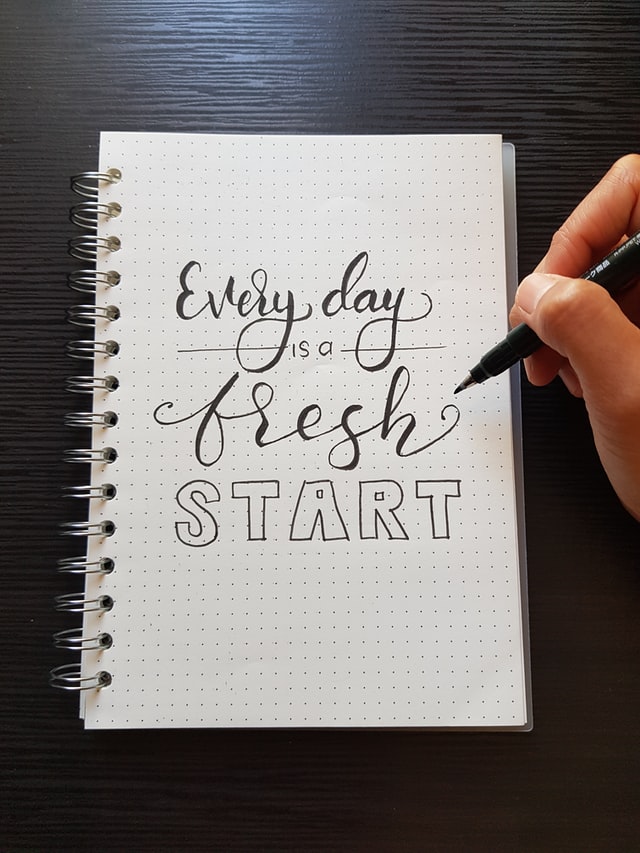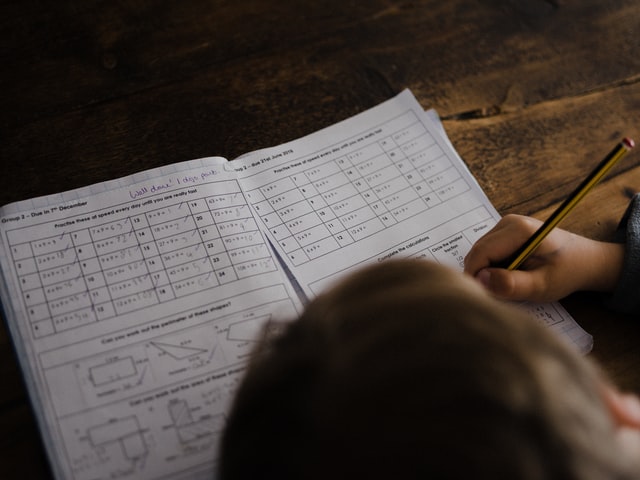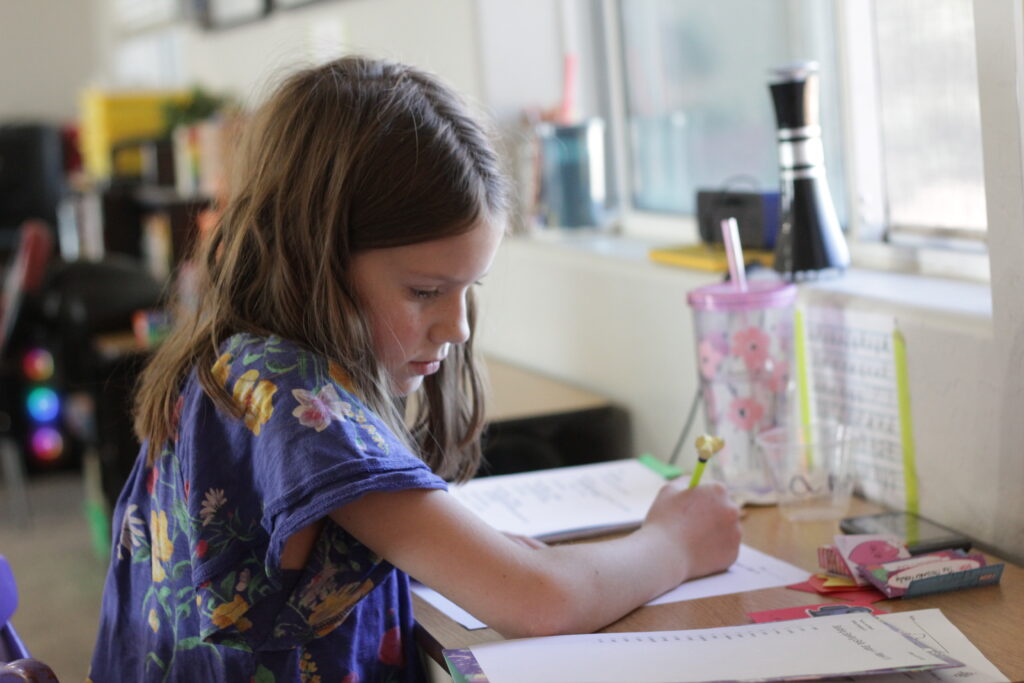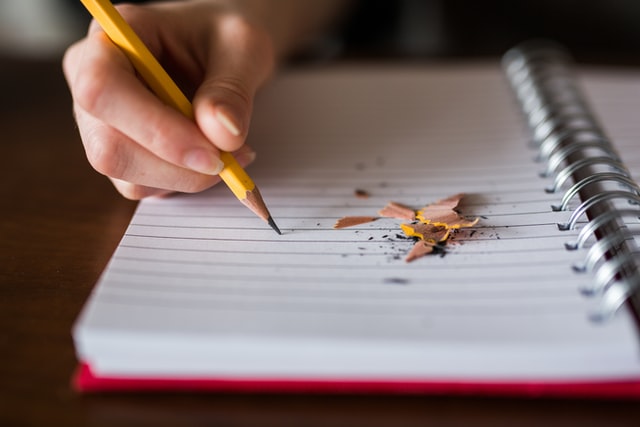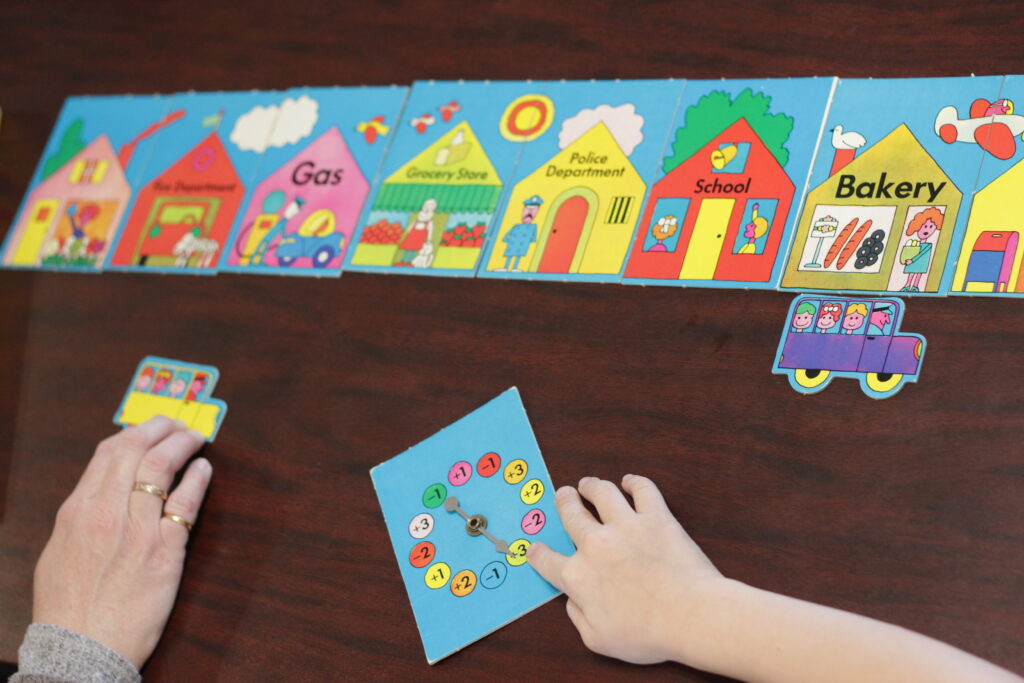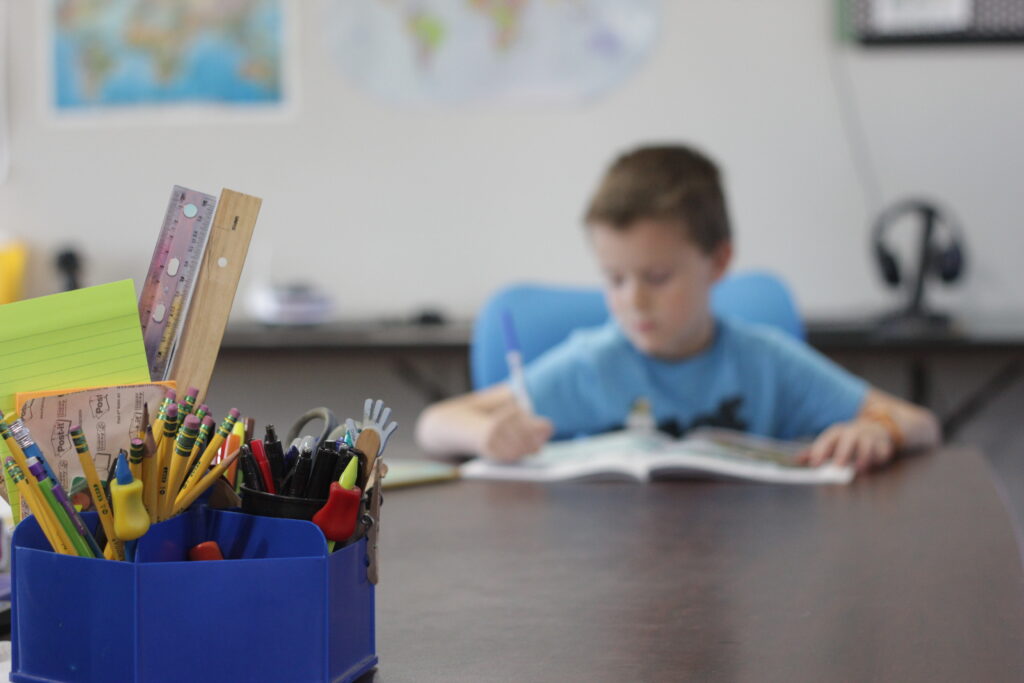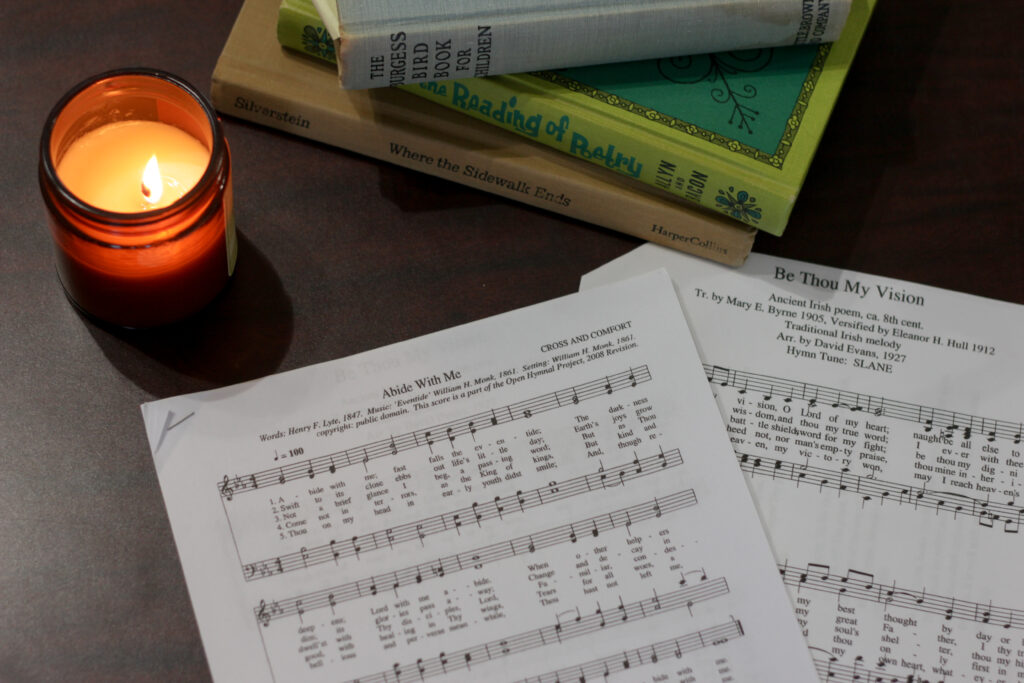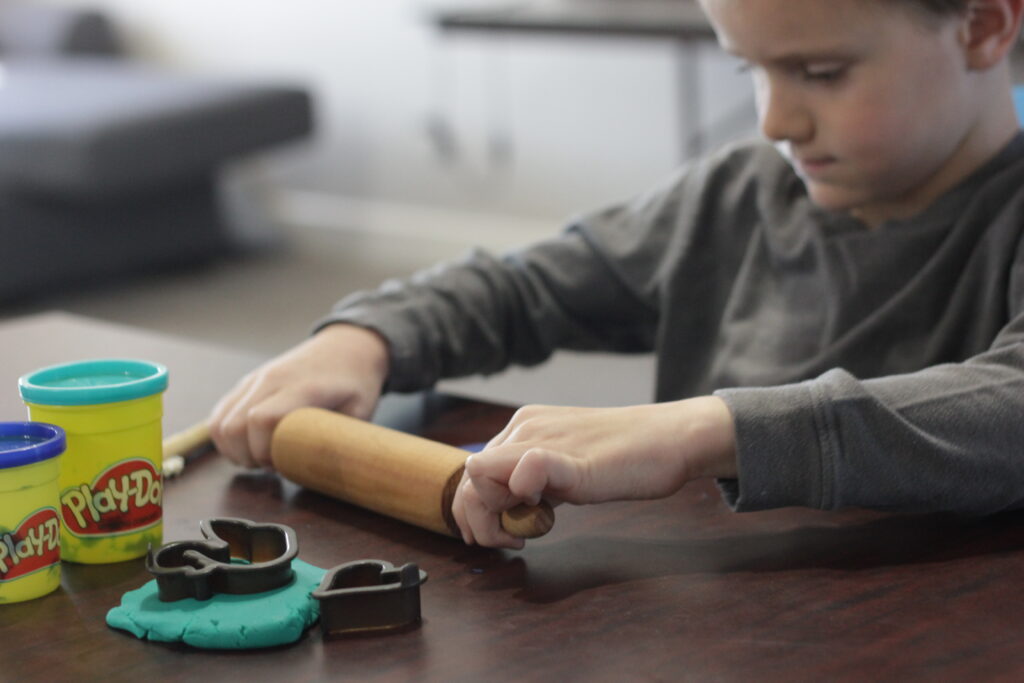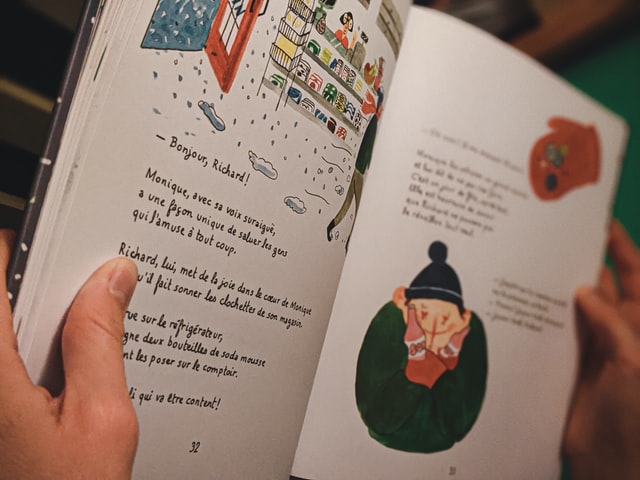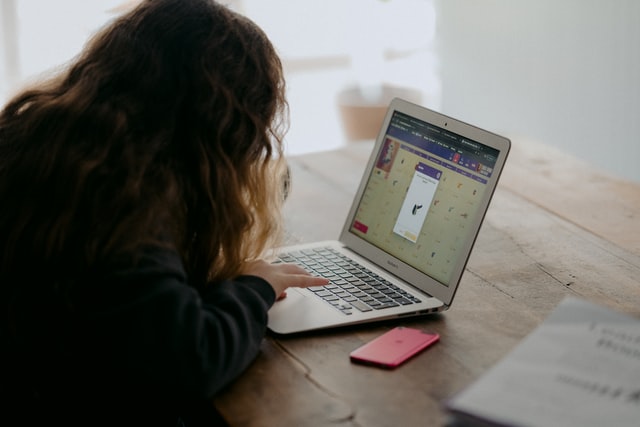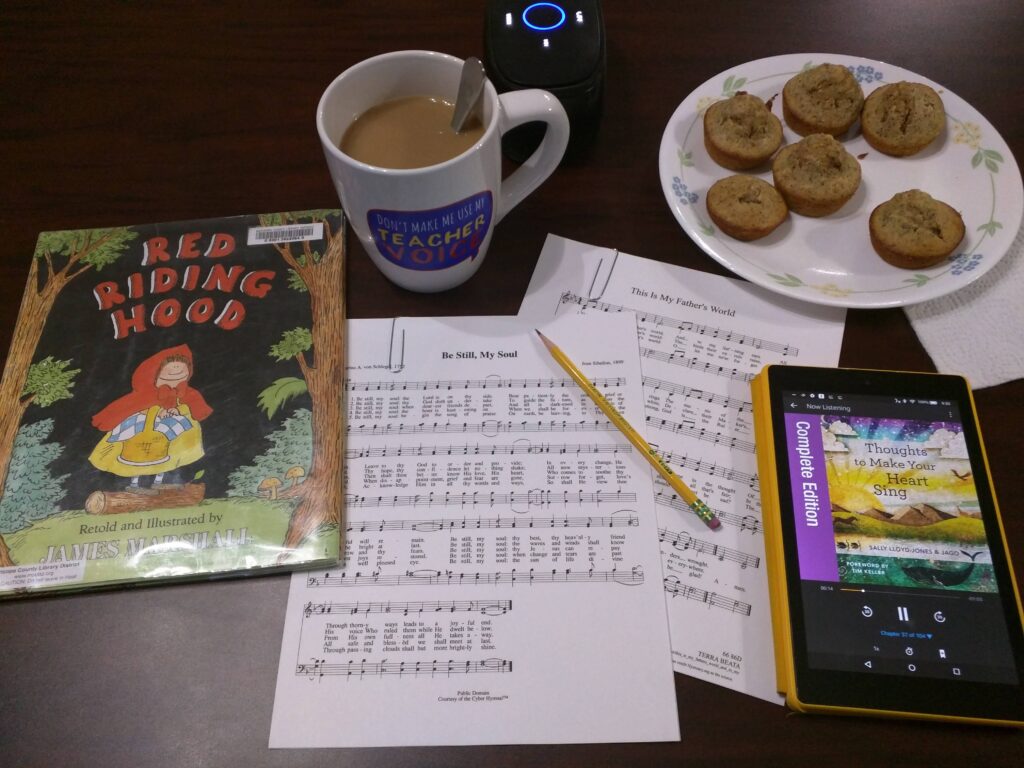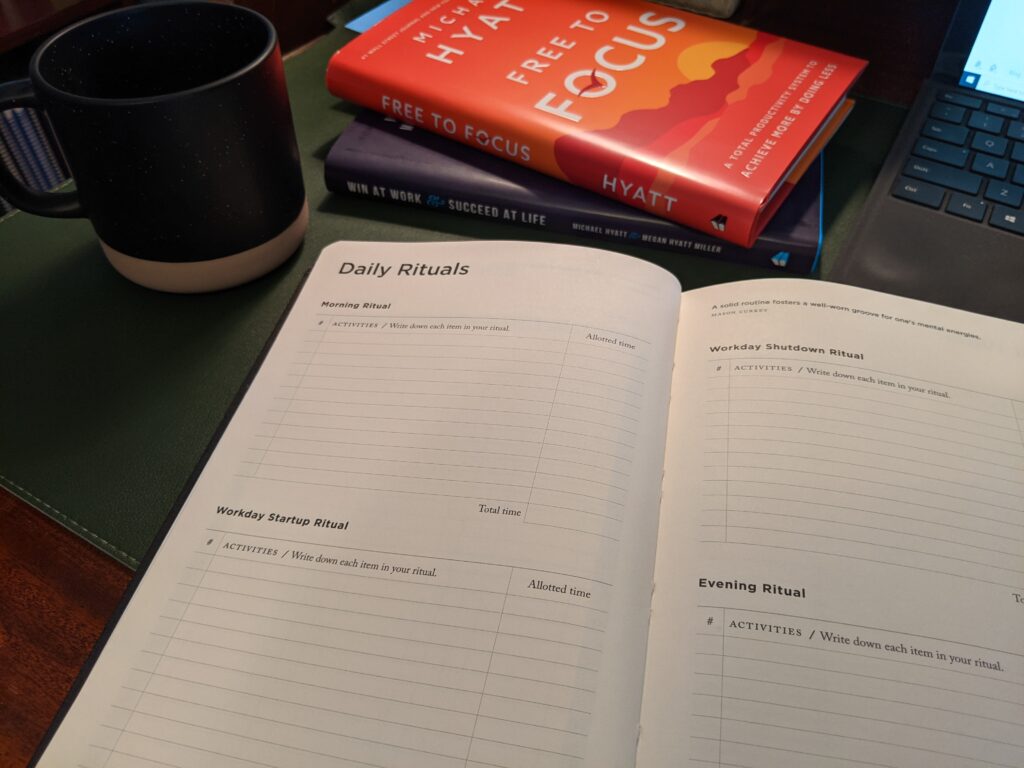I absolutely love connecting productivity concepts from high-powered business executives to mom life and homeschooling. It just gives me joy to make my life at home more efficient and effective. I fully believe in the concept of work smarter, not harder.
I view productivity as tips and ideas to make my life easier so that I can spend time on the other things that I enjoy.
I want time to play with my kids, go on a walk in the neighborhood, write an article, try out a new hobby, and read stacks of great books. I do not want to be exhausted, constantly reminded about what I am not doing, and feeling like a failure. So I read and gather productivity ideas from smart people and then apply them to my homeschooling mom life.
Work smarter, not harder –be efficient and effective not a worn-out mess.
Transitions have always been a struggle for me. I do not transition quickly. I take a long time to warm up and to really be present and feel comfortable in the moment. This is a beautiful piece of self-knowledge that I am finally learning and embracing. I am slow to start and slow to decelerate. And that is okay. I struggle with attention residue.
I have a hard time completely stopping one activity and switching to another. Often I will be making lunch and still thinking about what needs to be done for tomorrow’s history lesson. Not in a relaxed way but in a frantic frustration that gets me nowhere.
Sophie Leroy is a business school professor at the University of Minnesota. Leroy calls this carryover from one task to another “attention residue,” where you’re still thinking of a previous task as you start another one. Even if you finish your task completely, you still have some attention residue swirling around your head as you embark on your next task, meaning that bullet point on your to-do list doesn’t start off on the right foot.
from “Something Called ‘Attention Residue’ Is Ruining Your Concentration” By Tanya Basu
I also struggle with starting my day well. I am not a morning person and it takes me some time to get into the mode of teaching my kiddos. I would much rather sit on the couch with some coffee for a while.
Here is my favorite productivity tip for making my homeschool day efficient, avoiding attention residue, and getting going on your day. It is a concept that works for me and my personality. Maybe it will help you too.
The important productivity tip: start well and end well.
We all need rituals and routines to keep us focused and present. Starting your day with something special sets apart your school time from the rest of the day at home. It gives space for everyone to get into “learning mode” and order themselves for the work of learning.
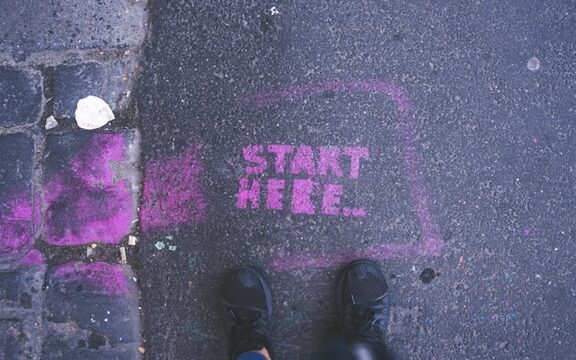
Decide when and how you will START your school day.
- sing a song together
- recite the Pledge of Allegiance
- say a prayer
- playing the piano
- read a poem
- Math Facts practice pages (I use worksheets from Math-Drills.com)
- light a candle
- listen to a specific playlist (We love the Piano Guys & Taylor Davis)
- to take your daily vitamins and everyone drinks a glass of fresh water
- gather at a specific spot
- have a discussion about what you are doing today
- read from a specific book
- play a game (this is our go-to: Sleeping Queens)
- answer a brain teaser question
- solve a maze (these are our favorites)
- do a quick seasonal themed color page
- kids do handwriting while I read poetry
Decide when and how you will start your school day that works for you. It might be helpful to have a short list of things that you do together. I change how we start our day depending on our moods. Some days we play a quick game if the kids are squirrely, other times we just sing a song together or review the science materials. It can also help to have a basket of materials or a shelf of books ready for use.

Ending your day is just as important. It allows us to move out of one activity and into the rest of our day. Decide when and how you will END your school day. Attention residue is a real thing!
Decide when and how you will END your school day.
- clean up the space
- put all the books away
- make a list of things to get done the next day
- encouragement and compliments to the kids
- sing a song together
- bean bag toss
- hugs and kisses!
- silly poems
- a race up and down the hallway
- silly poems read aloud
- a “count down to 10” clean up time
- stretching and some yoga poses
- silly dance party (we like this song!)
- a fun YouTube drawing lesson – while I go make lunch
- free time outside
- laying on the floor and snuggling with the dog
- free art time: playdough, paint, modeling clay, Pearler beads
- typing lessons on the computer or fun math facts practice online (ABCya!)
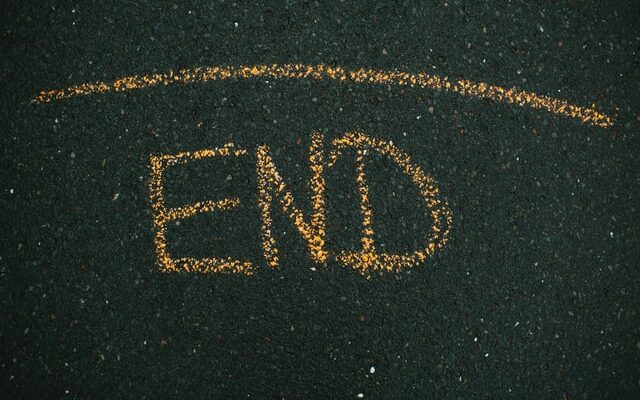
The shutdown ritual is essential to ending well. In his book Deep Work Cal Newport explains why it is so important to finish the workday.
It might seem silly and it takes an extra 10 – 15 minutes of time. But obligations left unresolved will battle for your attention. You don’t need to complete a task to get it off your mind. He references the Zeigarnik Effect where subjects wrote down the uncompleted tasks on a common list and then reviewed that list before beginning work the next day. The shutdown ritual provides a simple cue to your mind to release work-related thoughts so you can move on with the rest of the day.
(Summary Mine) Please See: Rule #1 – Work Deeply p.151-154 in the book Deep Work by Cal Newport
I have experienced the importance of this in my own life over and over again. I find that tasks get lost if I do not write down what I am thinking about while I am in “school teaching mode”. I pay attention to what I am thinking about and then write it down while my brain is focused on that specific thing. I do all my planning and thinking in batches. I look through the curriculum guide while my brain is focused, making connections, and planning.
I do not expect my tiered brain to think about school planning in the evening or right away at the start of the school day. Those times of the day are dedicated to just doing tasks and not mentally organizing or planning.
I also use concepts from David Allen’s GTD and I close the open loops. I get the information out of my head and onto a list that I will see tomorrow. Tasks that are not completed or written down will tap you on the shoulder, silently scream from the countertop, or bark like the neighbor’s Chihuahua. Every time you see that pile of papers, that mess, the stack of books, your brain reminds you of the tasks you have not finished.
(Getting Things Done by David Allen – Appendix p.306)
the definition of an Open Loop – “Anything considered unfinished, which, if inappropriately managed, consistently engages one’s mind inefficiently.”
Questions:
- When will you START your school day?
- How will you START your school day?
- Ending your day is just as important. When will you END your school day?
- How will you END your school day?
- How will you allow yourself to move out of school mode and into the rest of your day?
- How will you make space for attention residue?
Final Thoughts –
We all deserve to walk away from our school lessons feeling a sense of accomplishment. No matter what was completed or what learning did not happen, your school morning matters. You showed up, taught the kids with patience and kindness, and you made progress.
Michael Hyatt’s book on productivity for executives (Free To Focus) talks extensively about the importance of rituals. In his Full Focus Planner he encourages the user to list out rituals for each area of the day to begin and leave the work day effectively. There are check marks on each daily spread for the Morning Ritual, The Workday Startup Ritual, the Workday Shutdown Ritual, and the Evening Ritual. [more about that here]
Transitions are important. We need to allow ourselves and our kids time to transition well.
Think back to childhood vacations. What was it that started the fun of the trip? Loading the suitcases in the car or stepping out of the cabin smelling the cool breeze?
What was the start of the school year like for you? Did it feel official when mom bought new pencils and a new backpack?
What about your mornings before school? What happened in the mornings that got you ready for the activity of the school day? Was it the bus ride, or eating breakfast, or gathering your homework?
We all need rituals and routines to keep us focused and present. Starting your day with something special sets apart your school time from the rest of the day at home. It gives space for everyone to get into “learning mode” and order themselves for the work of learning. Ending your day is just as important. It allows us to move out of one activity and into the rest of our day. Decide when and how you will end your school day.
I hope that you find your rhythm in transitioning to different parts of your day and in your schedule. Homeschooling is layered and complicated. Do your best and then be kind to yourself.
You can do this! – April
If this was helpful to you I would love to hear about it! I have much more to say about transitions in mom life and productivity that would not fit into this article.🙂
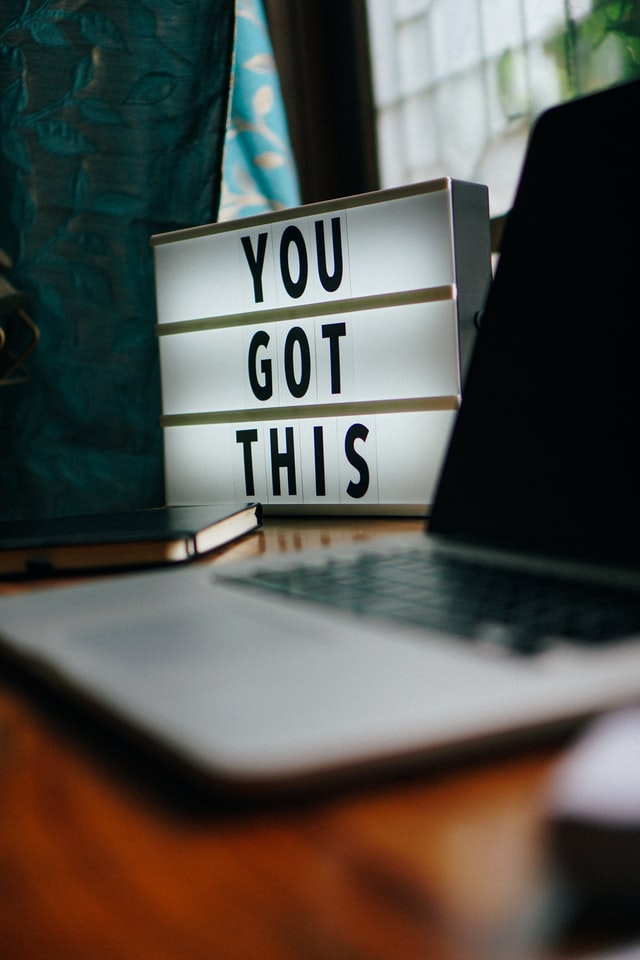
Welcome to our Homeschooling Productivity Series!
- Homeschooling is a job – It is a profession, a family lifestyle, and a calling.
- Transitions – Start well and end well.
- Articles Coming Soon:
- Block scheduling – Focus on one type of activity at a time.
- Clear the space – Make physical space for where homeschooling happens.
- Stay focused – Do not go put in a load of laundry in the middle of a science lesson!
- Stay available – Be in the room with your kids.
